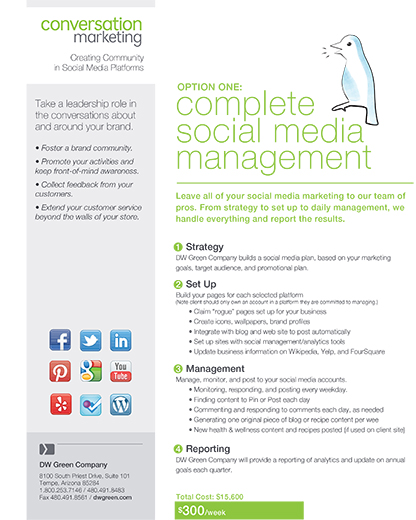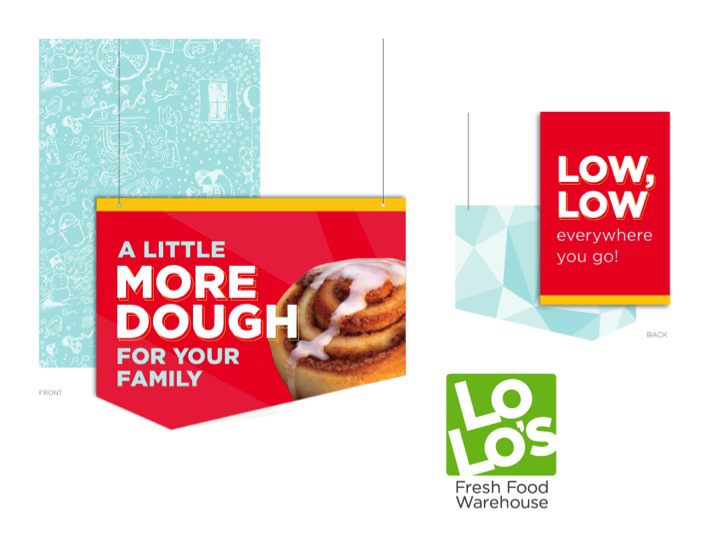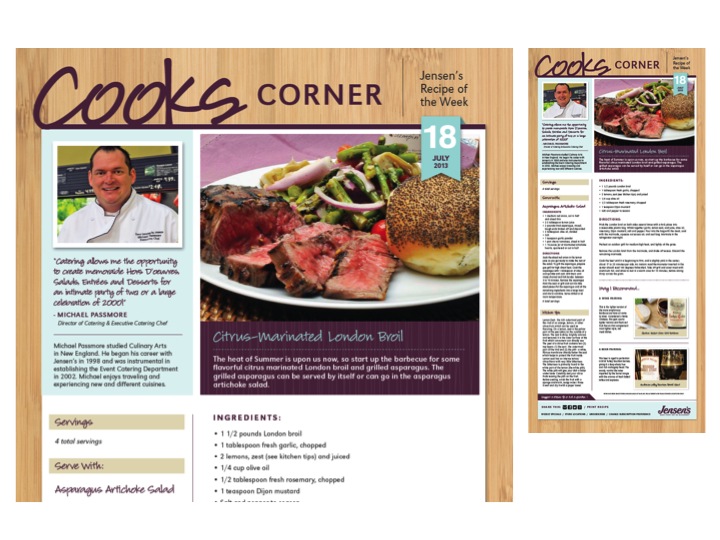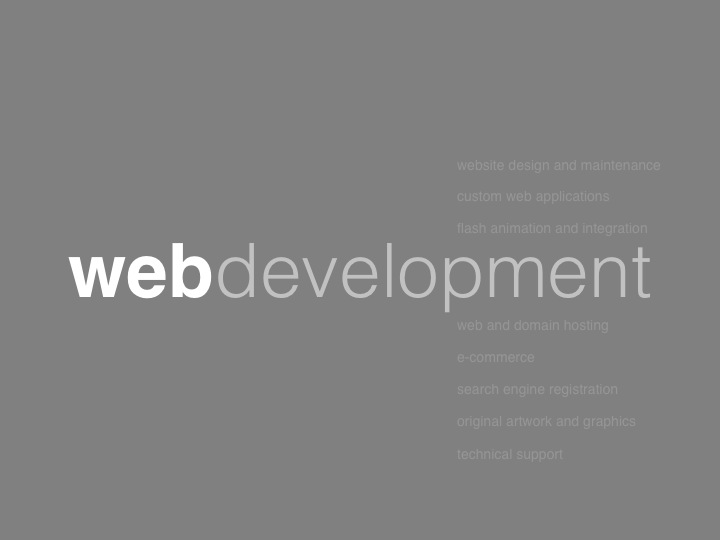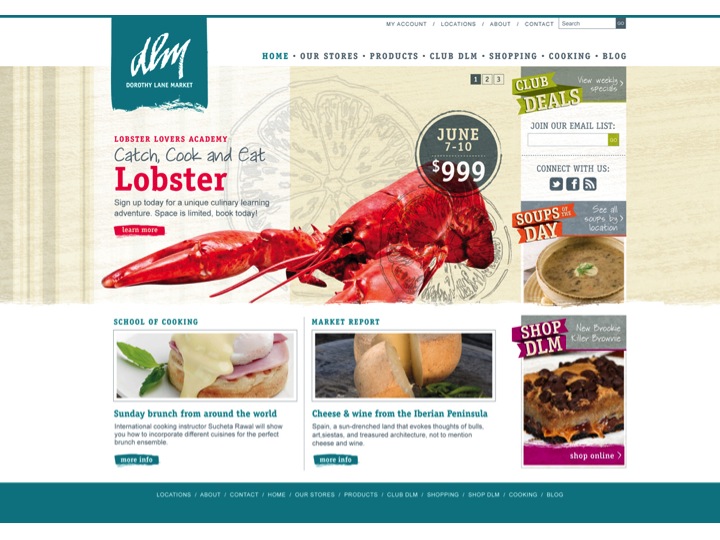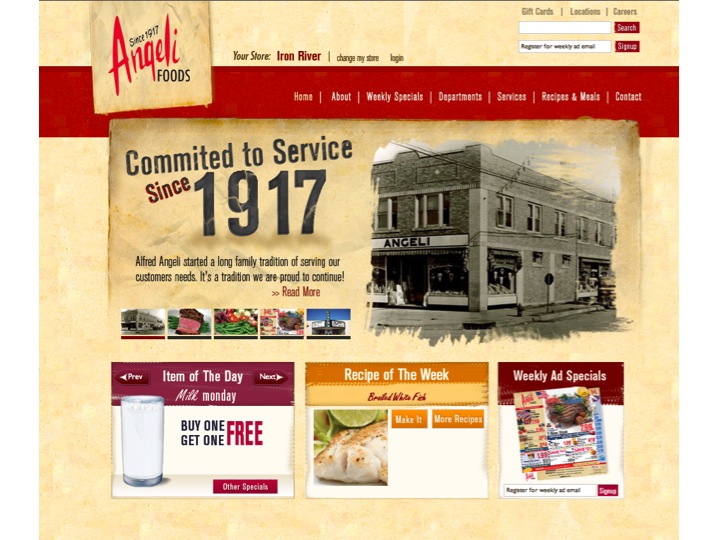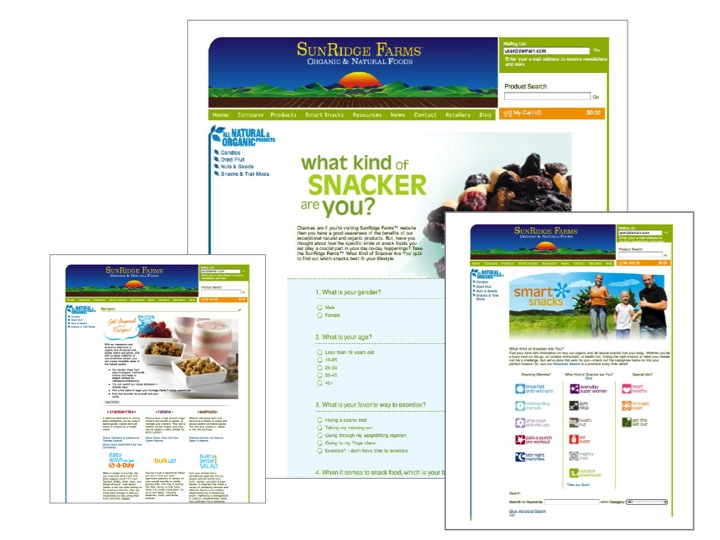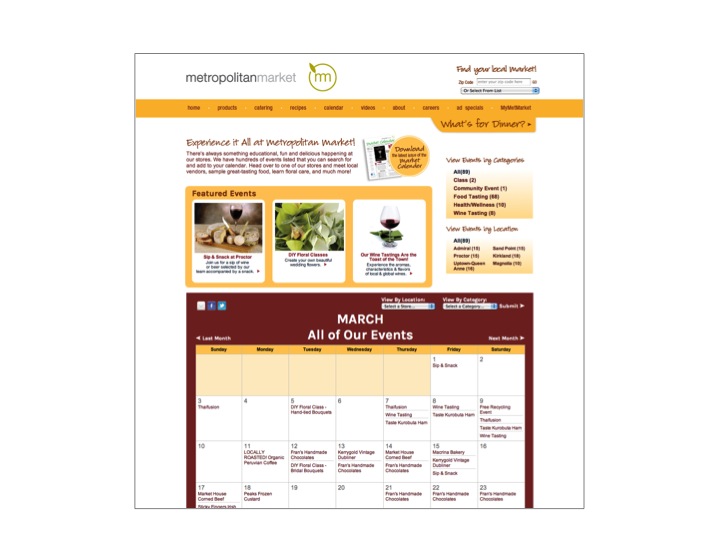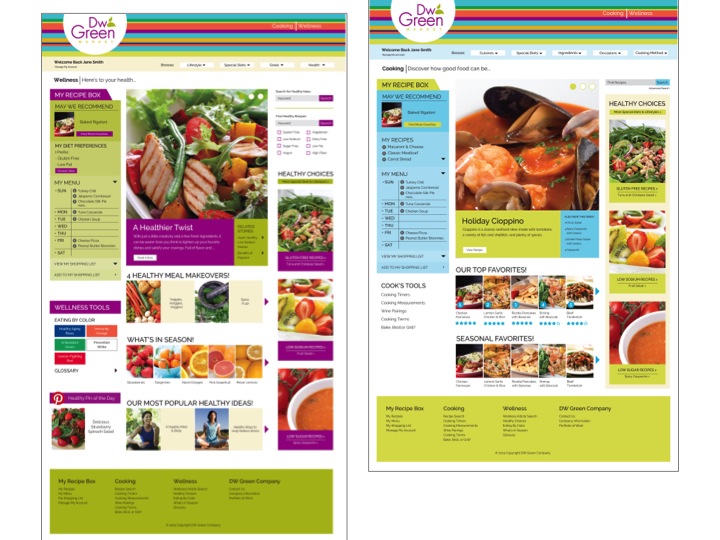DW's Blog
(Dis)Integration
by DW Green — September 9, 2020

Focus strenuously on the inside
Read More – Karma
...read moreNFL Set To Kickoff 2020 Season
by DW Green — September 2, 2020

Fans have football budgets to reinvest.
Read More – The Therapist
...read moreYou Don’t Have To Have An Opinion
by DW Green — August 26, 2020

It is possible to hold no opinion about a negative thing.
Read More – Dear Covid-19
...read moreFear Is A Self-Fulfilling Prophecy
by DW Green — August 19, 2020

You may be the very source of the disaster you so fear.
Read More – Reality through a different lens
...read moreThe Source Of Your Anxiety
by DW Green — August 12, 2020

It’s wanting something out of our control.
Read More – It’s the Thought That Matters, right?
...read moreHumility
by DW Green — August 5, 2020

Humility is indicative of expertise, wisdom and maturity
Read More – Thank you not thanks
...read moreFor The Hot-Head
by DW Green — July 29, 2020

Anger is not impressive or tough—it’s a mistake.
You Don’t Have To Stay On Top Of Everything
by DW Green — July 22, 2020

“I don’t know.”
Read More – Letter from the President
...read moreNever Do Anything Out of Habit
by DW Green — July 15, 2020

“Why did you do it this way?”
Read More – The Costco Tommy Bahama Dominance
...read morePulling Us Away From The Things That Truly Matter
by DW Green — July 8, 2020

“Man is pushed by drives but pulled by values.”




